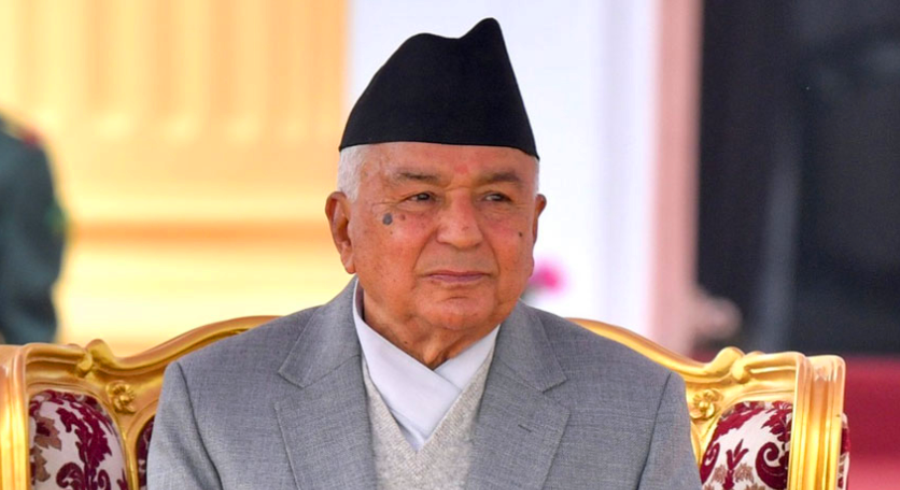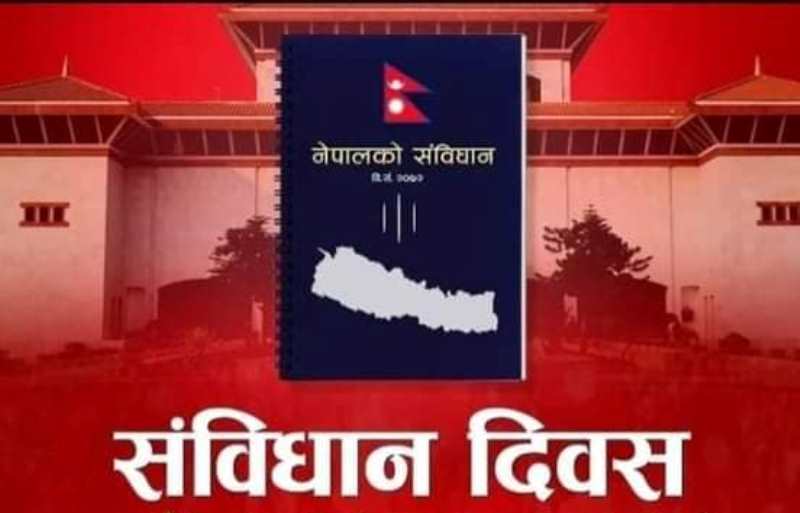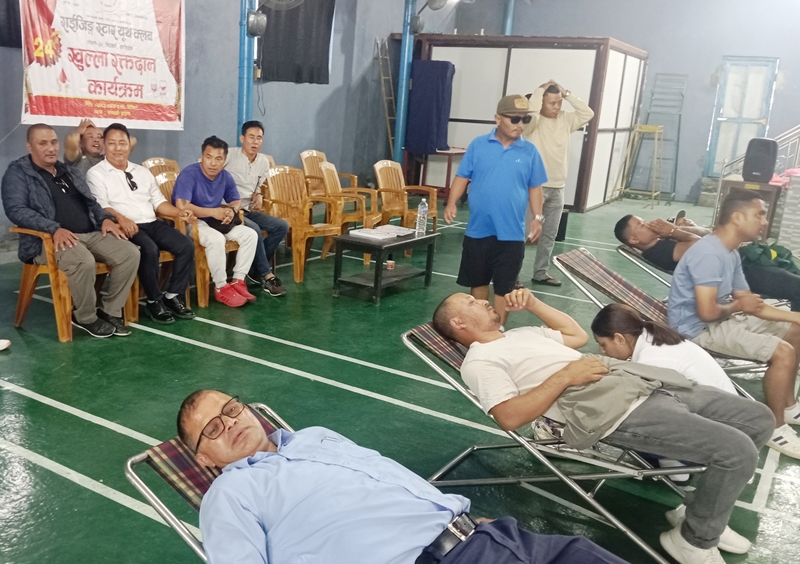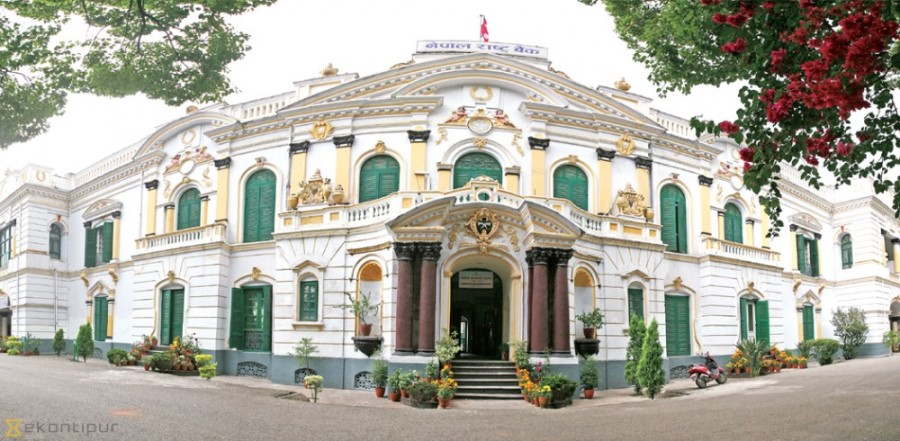Role of Co-operatives for Rural Development
- Rajesh Mahato
- 29 Aug, Wednesday, 2018 | 21:28:00 Published

Cooperation may be defined simply as a voluntary association in a joint undertaking for mutual benefit. Cooperative is an association of persons pursuing aims of social, economic, and educational character and forming for their achievement of an enterprise, which operates in accordance with the principles of democracy and collative ownership.
In other words, Cooperative enterprises are associations of persons, small producers, and consumers who come together voluntarily to achieve some purpose by reciprocal exchange of services, through an economic enterprise working at their risk and with resources to which all donate.
According to Dr. K.N. Katju; Cooperation is self-help as well as mutual help. It is a joint association or enterprise of those who are not financially strong and are unable to stand on their own legs, and therefore come together not with a view to get profits but to overcome disability arising out of want of adequate financial resources and thus better their economic conditions. Similarly, Nepal Cooperative Act, 2048 defined, A co-operative society is a society, which has its objects the promotion of the economic interests of its members in accordance with co-operative principles.
The International Cooperative Alliance (ICA) 1937 prescribed the following principles of cooperation: (a) Open membership, (b) Democratic control, (c) Limited interest on capital, (d) Distribution of surplus to members in proportion to their transactions, (e) Political and religious neutrality, (f) Cash trading, and (g) Promotion of education. Later on ICA amended the cooperation, which assumed greater significance in the field of cooperation. They are;
- Voluntary open and active membership
- Democratic control
- Limited interest on share capital
- Patronage divided
- Mutuality etc.
So, cooperative communities, groups organized by people who want to live and work together in one community, usually sharing property and decision-making. Such communities are organized based on political or religious principles.
In Nepal, the cooperative concept emerged in 1953. Nepal has been standing the long-history of community based organization, small help groups and community cooperatives. After 1950 in Rana Period, they opened the door of economic reforms. On the period of King Tribhuvan (1951-1954), people were encouraged to open the cooperative concept but this concept was started in 1953, with the name of "Department of Cooperatives." Before 1950, there were various informal institutions have been established such as Guthi, Dharmavakari, Dhikuri, Parma, Gumba etc, which help to develop the concept of cooperation.
Formally, the developments of cooperatives were started after 1956 in Nepal, when the planed development period started. The Panchayat government during 1961-89 attempted to make cooperatives as appropriate rural institution for channeling credit for rural poor and fulfills various agricultural requirements in the agrarian rural society. Various types of cooperatives were formed in Nepal to fulfill various objectives of the agrarian rural people. The enactment of cooperative society Act 1959 establishment of cooperative, bank and its conversion into ADB were some of the important events in this direction. After the 1951, the development of cooperatives were started in 1953 with a few staffs and confined to only 24 development blocks and a few villages (Dahal, 2006).
Latest Data of cooperatives registration in the country
|
S.N. |
Types of Cooperatives |
Number |
|
1. |
Savings and Credit Cooperatives |
15997 |
|
2. |
Multipurpose Cooperatives |
5075 |
|
3. |
Dairy Cooperatives |
2747 |
|
4. |
Agricultural Cooperatives |
4612 |
|
5. |
Electricity Cooperatives |
313 |
|
6. |
Consumer Cooperatives |
2339 |
|
7. |
Communication Cooperatives |
68 |
|
8. |
Coffee Producers Cooperatives |
75 |
|
9. |
Health Cooperatives |
70 |
|
10. |
Herbal Cooperatives |
89 |
|
11. |
Tea Producers Cooperatives |
103 |
|
12. |
Other Cooperatives |
885 |
|
|
Total |
32686 |
Source: National Cooperative Department.
Similarly, rural development is a multi-dimensional and multi-disciplinary subject and has a broad aspect such as political, social, economic, cultural, and technological and others. Without rural knowledge, everything will be unsafe. Rural development means all round development of the rural societies including the betterment of the living standard of rural people.
Robert Chamber defined; rural development is a strategy to enable a specific group of people, poor rural women and men to gain for themselves and their children more of what they want and need. It involves helping the poorest among those who seek a livelihood in the rural areas to demand and control more of the benefits of rural development. According to D. Ensminger, rural development seeks to involve a process of transformation from traditionally oriented rural cultural towards as acceptance and reliance on science and technology.
On the bases of these above definitions rural development means;
- Agriculture modernization
- Basic needs fulfillment
- Improvement of living standard
- Utilization of natural resources poverty
- Socio-economic growth
- Development of local art and culture
- Local infrastructural development
- Human development
- Rural-based cottage and small industry improvement.
At last, cooperatives are the major parts for rural development and as well the major source of financial institution. Lacking of Banijiya banks access in remote area we are facing different types of problems; related to finance and infrastructure development. Supporting role of such cooperatives we have been improving the social, economic, political, infrastructure, technical and institutional status rapidly. Around 32 thousand above cooperatives have been changing the status of human being day by day.
So, on the bases of these cases we can say that cooperatives are the inevitable source for rural development.
Writer is Youth Leader of Nepali Congress and Member of National Council.








प्रतिकृया दिनुहोस